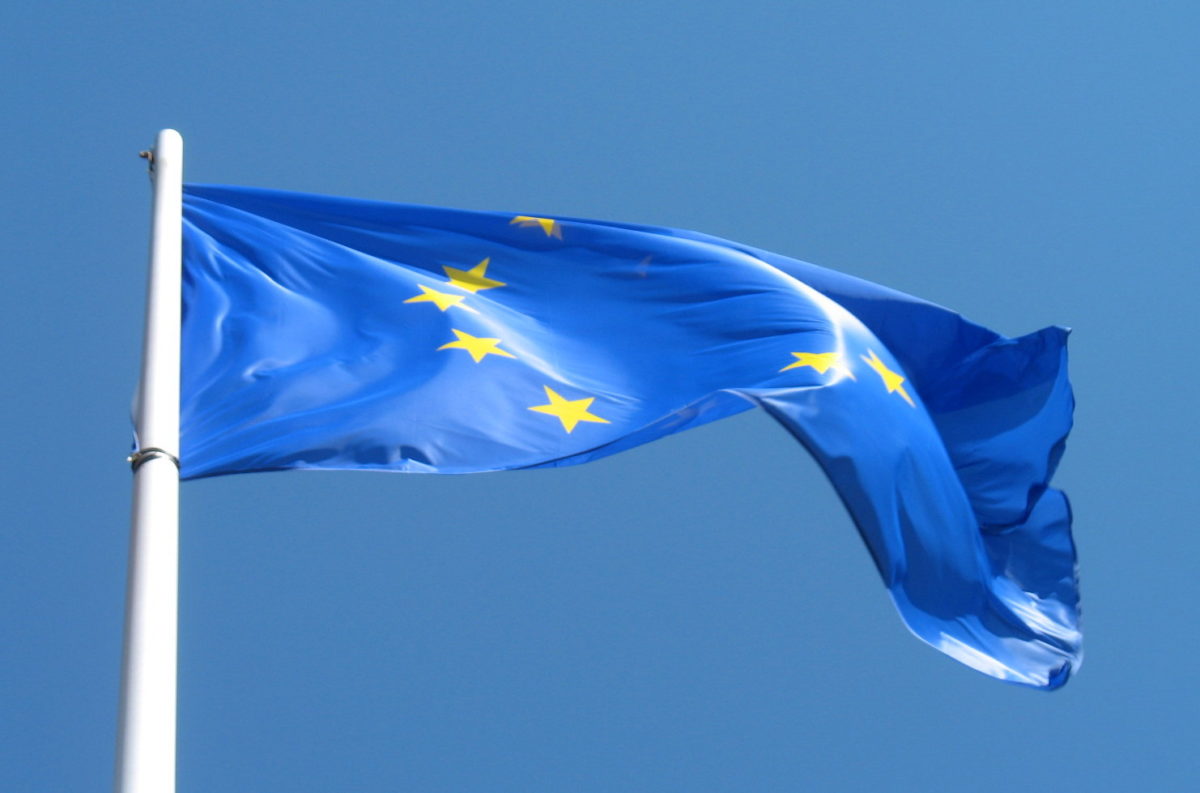Spain and Italy, two countries which have recently seen the formation of a new government that, in both cases, promises to do more for renewable energies including solar, have joined the club of those countries such as Sweden, Lithuania, Luxembourg, and Portugal, which supports a 2030 binding renewable energy target of 35%.
The announcement was given by the EU Commissioner for Energy and Climate Action, Arias Cañete, during the press conference on the discussions between the EU Council and Parliament and the progress in negotiations on three legislative proposals under the clean energy package: the regulation on governance of the Energy Union and the two directives on renewable energy and energy efficiency.
Cañete has stressed that there are currently four different groups for four different targets within the European Union: the aforementioned 35% group; a group of member states aiming for a target over 30%, but “far away from 35%”; a group which sticks to the idea of a 30% target; and another group composed of countries with different lower targets.
Cañete has also stated that current negotiations on the final target are still difficult and that several issues must be solved before a final agreement will be reached. “For this reason, the European Presidency has put a compromise proposal with different level of ambitions and flexibility,” the Energy Commissioner added. The alignment of Italy and Spain with the 35% group, however, may facilitate the reaching of a final agreement, which is expected to be announced on Wednesday.
The European Parliament had approved in January the proposal submitted by its Committee on Industry, Research and Energy (ITRE), to set an EU 2030 renewable energy target of 35%, while the European Council had later proposed, instead, a flexible target of up to 32-33%.
That Spain and Italy have changed their mind on final EU target for renewables, on the other hand, is not only due to the formation of possibly new more green-oriented governments, but also to a renewed interest and growing investments in solar and renewables in both countries.
This content is protected by copyright and may not be reused. If you want to cooperate with us and would like to reuse some of our content, please contact: editors@pv-magazine.com.




2 comments
By submitting this form you agree to pv magazine using your data for the purposes of publishing your comment.
Your personal data will only be disclosed or otherwise transmitted to third parties for the purposes of spam filtering or if this is necessary for technical maintenance of the website. Any other transfer to third parties will not take place unless this is justified on the basis of applicable data protection regulations or if pv magazine is legally obliged to do so.
You may revoke this consent at any time with effect for the future, in which case your personal data will be deleted immediately. Otherwise, your data will be deleted if pv magazine has processed your request or the purpose of data storage is fulfilled.
Further information on data privacy can be found in our Data Protection Policy.